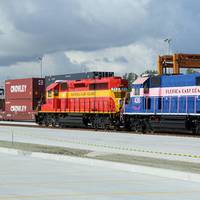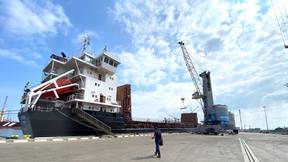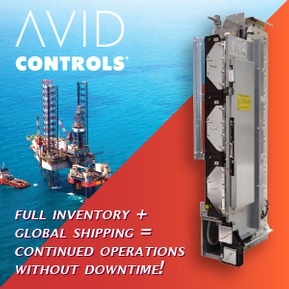New ICTF Boosts Crowley’s Efficiency

The opening of Florida East Coast Railway’s (FEC) new, state-of-the-art intermodal container transfer facility (ICTF) adjacent to Crowley Maritime Corporation’s Port Everglades, Fla., terminal is providing Crowley customers with more efficient cargo handling and faster deliveries now that containers no longer need to be trucked via interstate highways to and from an off-site rail terminal, Crowley reported. Additionally, the strategic location of the 43-acre, near-dock station is allowing the company to handle bigger…
South Carolina Ports 2012 Business Up 10%
The South Carolina Ports Authority (SCPA) closed a year marked by new carrier services, inland port development & Charleston harbor deepening project. In results announced at the SCPA's regular meeting, container volume in Charleston was up 9.6 percent in calendar year 2012, with 1.5 million 20-foot equivalent units (TEUs) handled at the port's two container terminals. Volume was up 13 percent in December compared to the same month last year, with 124,120 TEUs traded across the docks. Charleston also was the fastest-growing East Coast container port January through November, the latest month of volume data available from competing ports.
APL Exec: Collaboration is Key
The freight transport industry must collaborate to combat mounting congestion challenges and use a collective voice to move the issue up both public and governmental agendas, according to David Appleton, European Regional President for global container transport leader APL. Speaking at the international transport conference, TOC Europe, in Istanbul, Mr Appleton said: “Unfortunately, supply chain congestion is not on many people’s radar screens. He emphasised the need to address this situation because of the strain on Europe’s transport infrastructure caused by the double-digit growth of imports to Europe, mainly from Asia. “Forecasts for trade growth in the future show that congestion within the European supply chain will not be reduced.







